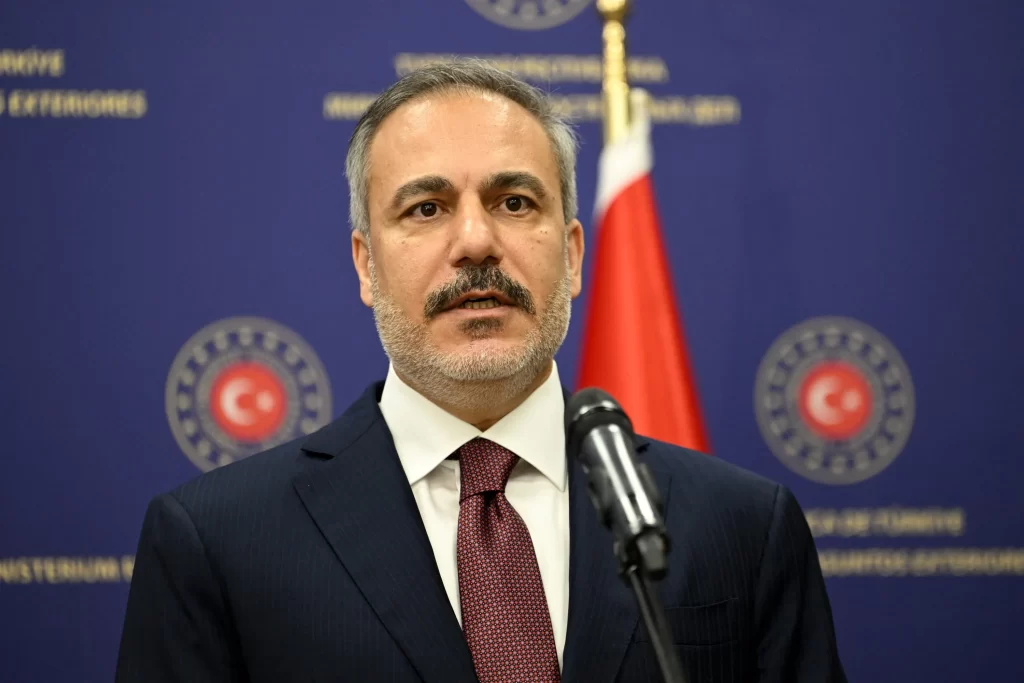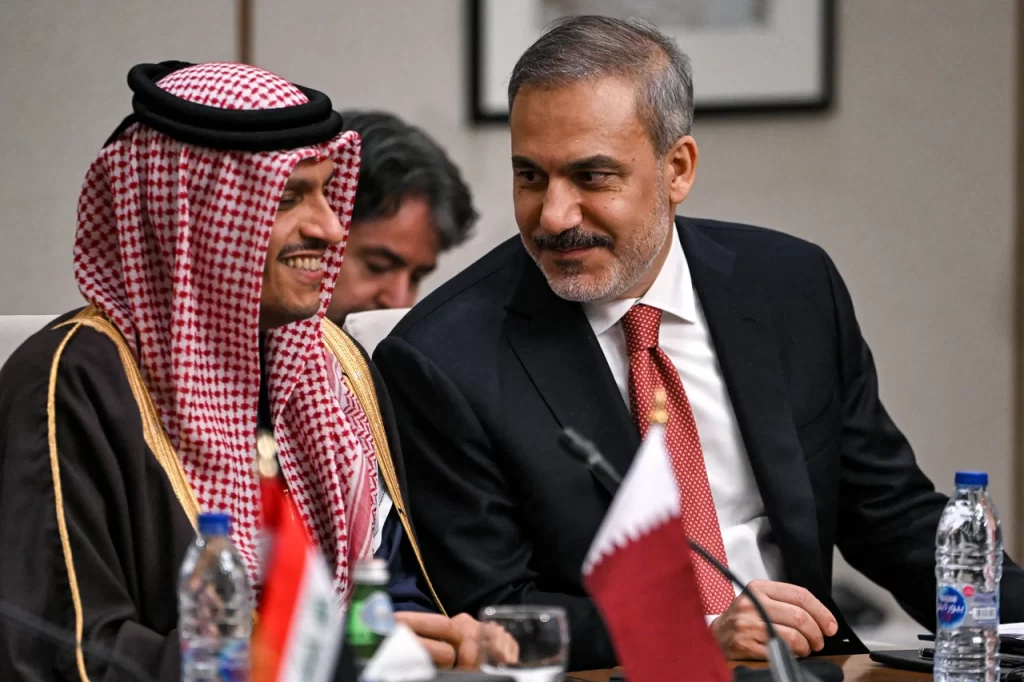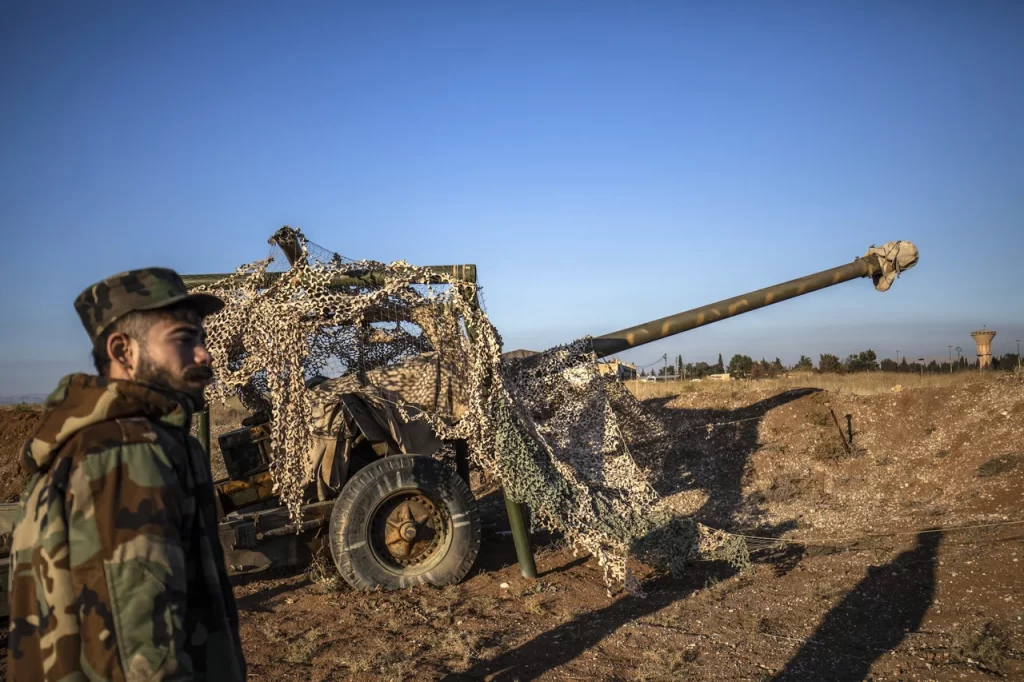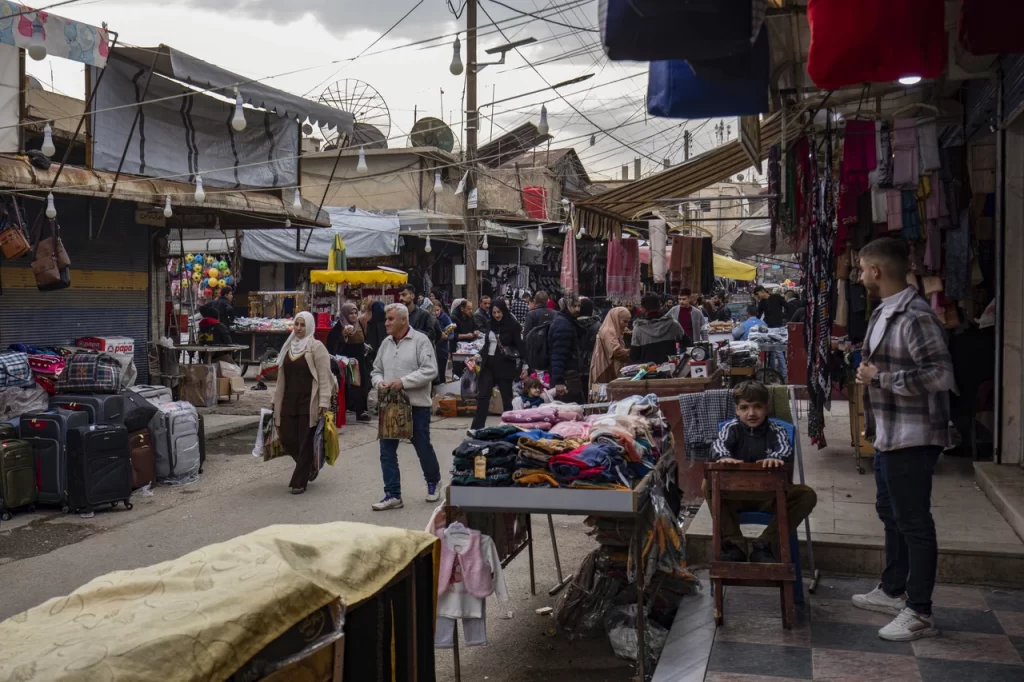“Israel Has Never Wanted Bashar Assad to Go”
In an exclusive interview with Saudi Arabia-based Al Hadath television, Turkey’s Foreign Minister Hakan Fidan emphasized the importance of regional unity to address ongoing challenges in the Middle East. He highlighted the need to protect borders, foster cooperation, and focus on mutual interests to bring stability to the region.

A Region Connected by History and Culture
“We are connected by history, geography, culture, and faith,” Fidan explained. He noted how the Syrian crisis has deeply affected Turkey, with millions of displaced Syrians seeking refuge within its borders. Turkey welcomed these refugees with open arms, creating a shared sense of responsibility for the region’s future.
Fidan pointed out that during Syria’s civil war, opposition groups in the northern regions relied heavily on Turkey. He reiterated Turkey’s commitment to resolving the conflict in a way that prioritizes the Syrian people’s well-being and stability.
Regional Cooperation: A Path to Stability
Fidan called for a new culture of cooperation among Middle Eastern countries. “Now, we need to come together,” he stated, urging nations to respect borders and sovereignty while pledging mutual protection.
Reflecting on decades of turmoil in the region, Fidan highlighted the lessons learned from past conflicts. “The Middle East has endured enough to know that the cycle of violence must end,” he said, adding that regional nations must establish their own order without relying on external powers.

Turkey’s Role in the Syrian Conflict
Fidan detailed Turkey’s significant role in addressing the Syrian crisis, particularly through its involvement in the Astana peace process. Collaborating with Iran and Russia, Turkey has worked to stabilize Syria and negotiate ceasefires.
However, Fidan criticized the Assad regime for its inability to meet the needs of its people. “Assad had two choices: share power with his people or depend on external forces. Unfortunately, he chose the latter,” Fidan said.
He explained that Assad’s dependence on allies like Russia and Iran led to complications, as each country pursued its own interests. This hindered the regime’s ability to make independent decisions and rebuild Syria’s infrastructure and economy.

Israel’s Calculated Stance on Assad
Addressing international dynamics, Fidan revealed that Israel has never wanted Bashar al-Assad to go. Despite frustrations with Assad’s ties to Iran, Israel viewed him as a stabilizing figure who served its broader interests.
“Even as the U.S. suggested otherwise, it was clear that Israel did not want Bashar al-Assad to go. This perspective influenced broader international strategies,” Fidan explained.

Avoiding Regional Domination
Fidan stressed that Turkey seeks to avoid dominating the Middle East, advocating instead for a balanced and collaborative approach. He rejected the idea of any single country—whether Turkey, Iran, or Arab states—imposing its will on the region.
“We are all Muslims, sharing the same faith and values. Like Europe and North America, we can form alliances based on mutual interests,” he said, calling for cooperation on economic, political, and military issues.

The Plight of Syrian Refugees
Highlighting the humanitarian impact of the Syrian conflict, Fidan addressed the issue of displaced Syrians. With over 10 million refugees fleeing the war, many have sought shelter in neighboring countries, including Turkey.
Fidan emphasized the importance of facilitating the safe return of refugees to their homeland, which he described as a vital step for Syria’s recovery and regional stability. “Syria must evolve into a democratic and inclusive state to ensure a lasting peace,” he concluded.
A Vision for Regional Unity
Fidan expressed optimism about the potential for stronger cooperation among key regional players, including Saudi Arabia, Egypt, the UAE, and Qatar. He noted that recent diplomatic meetings, such as those in Aqaba, represent a promising step toward resolving long-standing issues.
“Our region has been in a firestorm for decades,” he said. “But now, we must unite to break free from the cycle of conflict and create a future based on shared values and mutual respect.”















